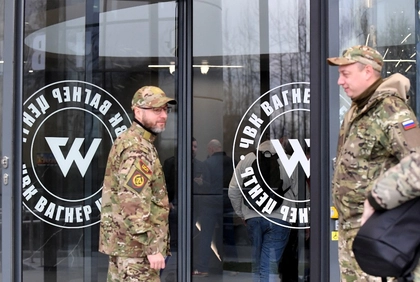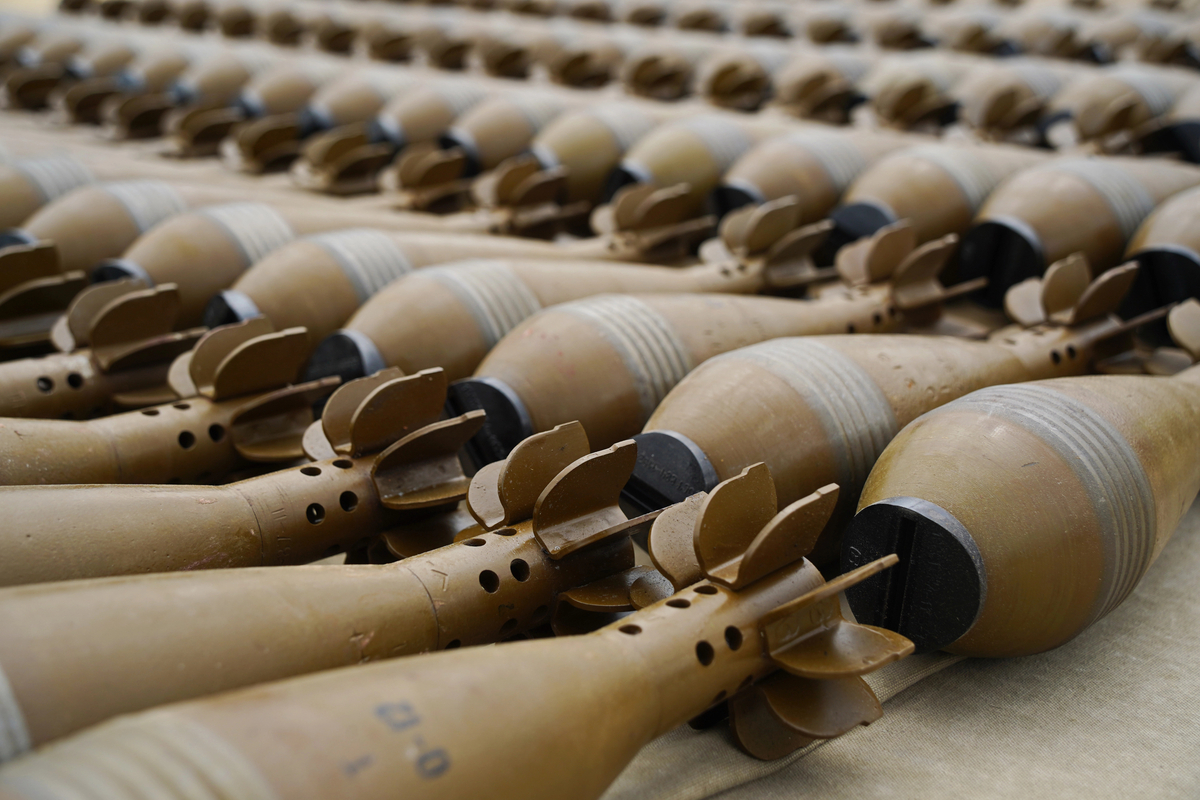North Korea has supplied Russia with more than 12 million artillery shells to support its war in Ukraine, according to South Korea’s military intelligence authorities.
The Defense Intelligence Agency (DIA) reported that North Korea has sent about 28,000 containers filled with weapons and artillery shells to Russia so far.
Follow our coverage of the war on the @Kyivpost_official.
“If counted as 152mm shells, the total is believed to be over 12 million rounds,” the DIA said Sunday.
Last year, North Korea sent 11,000 soldiers to support Russia’s war in Ukraine, followed by an additional 3,000 this year.
The troops supported Moscow’s counteroffensive in Kursk, a western Russian region where Kyiv troops launched a surprise incursion last August and suffered heavy casualties, according to reports.
CNN, citing an intelligence assessment from unnamed Ukrainian officials, said Pyongyang is set to reinforce the troops by sending another 25,000 to 30,000 to aid the troops deployed since late last year.
Recovered documents from killed and captured North Korean troops aiding Moscow forces in Kursk confirmed that they were issued fake Russian identity documents to conceal their involvement in Moscow’s invasion.
Since 2022, Moscow and Pyongyang have deepened economic and military cooperation, marked by a mutual defense treaty signed last November.
North Korean leader Kim Jong Un offered Moscow his full support for the war during talks with Russian Foreign Minister Sergei Lavrov, Pyongyang state media said Sunday.

Other Topics of Interest
Alleged ex-Wagner Fighter Seeks Asylum in Finland: Media
Named only as “Yevgeny”, the man has publicly claimed to belong to the Russian paramilitary company on social media and recently published videos criticising Russia’s military leadership.
Lavrov’s visit to North Korea was the latest in a series of high-level trips by Moscow officials as both countries strengthen military and political ties amid Russia’s offensive against Kyiv.
Moscow described Lavrov’s talks with Kim as held in a “warm, comradely atmosphere.” The Russian foreign ministry said Lavrov expressed “sincere gratitude to Pyongyang” for its role in Kursk and support of Russia’s operation.
The two sides also “agreed” that the West was responsible for “the growing tension” on the Korean peninsula, Moscow said.
Pyongyang and Moscow signed a military pact in 2024 that came into force later that year, wherein it obligates both states to provide military assistance “without delay” in the case of an attack on the other, and to jointly oppose Western sanctions.
While there is evidence that Pyongyang has provided Moscow with troops, builders and weapons – including missiles used in attacks on Kyiv – what Pyongyang receives in return is less certain.
Some speculate that Pyongyang receives resources and military technologies – including nuclear know-how – in return, but these speculations have not been confirmed.
